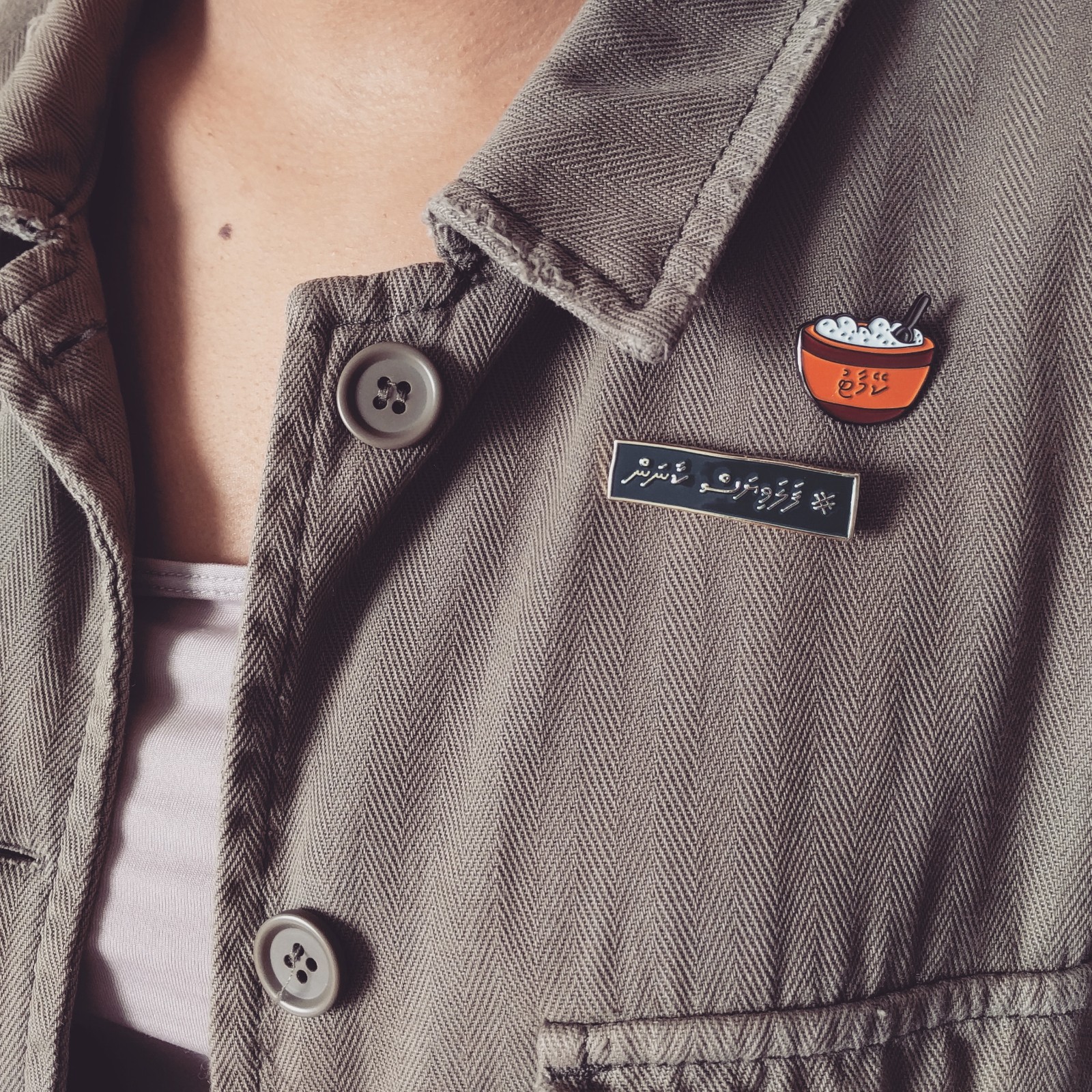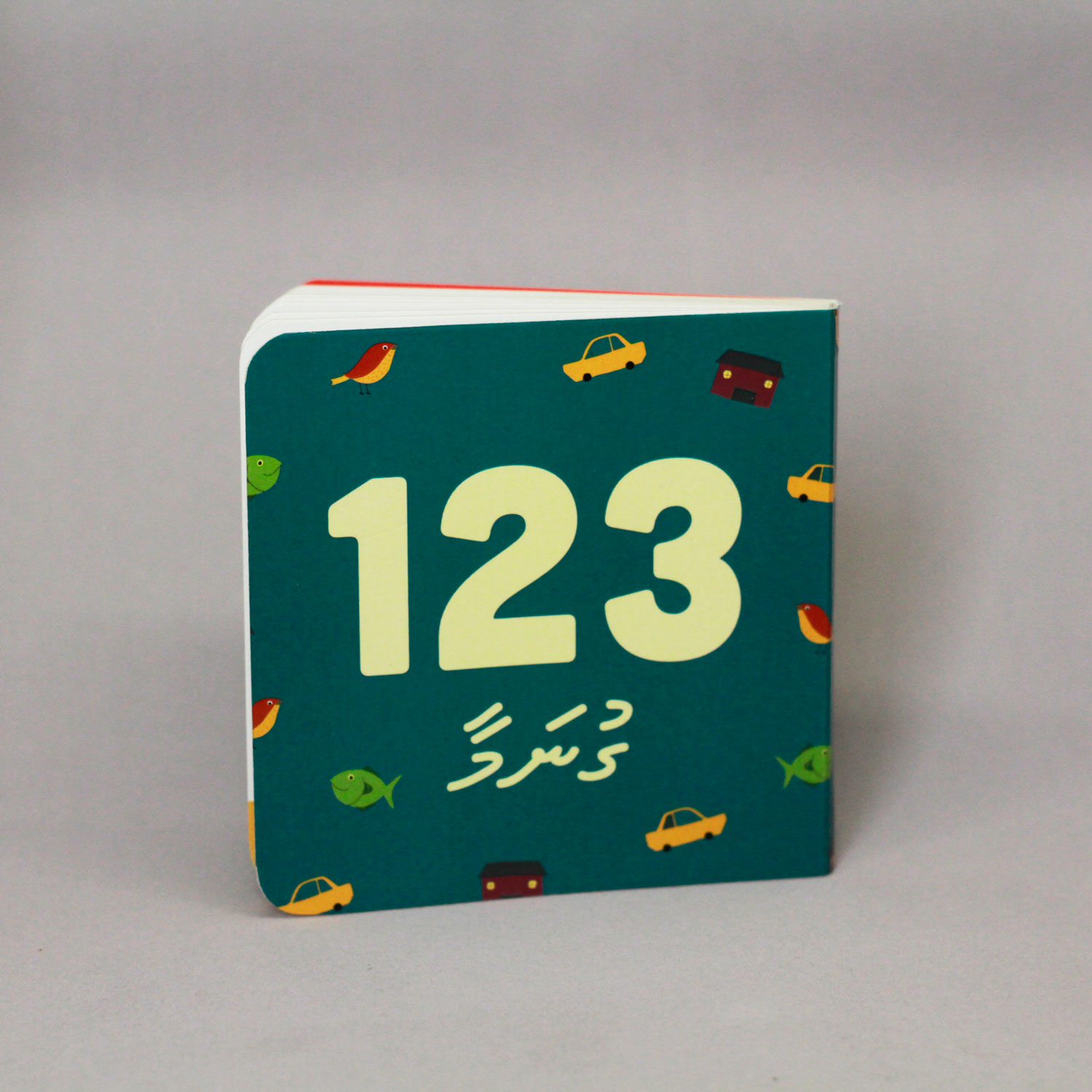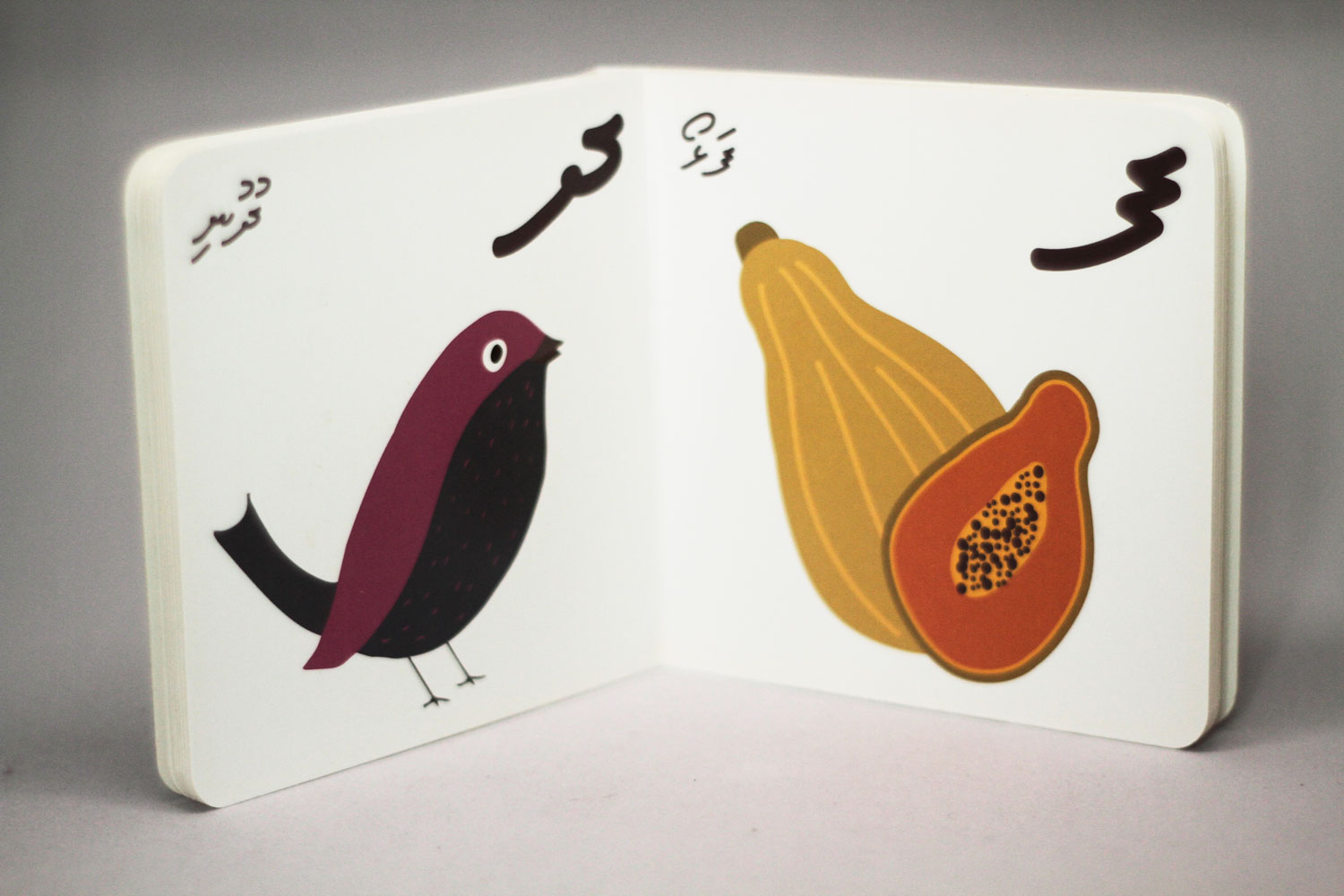The Maldives Independent is interviewing entrepreneurs about their experiences of launching startups. This is part one of a series.
What do you do when you become aware of a gap between you and your cultural identity?
For Aminath Shareehan Ibrahim the answer led to Thakethi – “stuff” – a startup creating products based around the Dhivehi language. The products are familiar and unfamiliar at the same time. Everyone has English alphabet blocks, but what about Dhivehi ones?
The Maldives Independent talked to 28-year-old Shareehan about Thakethi.

MI: What’s the idea behind Thakethi?
ASI: Thakethi‘s main focus is to produce high quality educational and literature items for children. We realised that while some basic learning tools were readily available in English, the Dhivehi counterparts were sorely lacking. We also strive to preserve cultural quirks and sayings in a form that is unique and can be incorporated into everyday use.
MI: How did you get Thakethi off the ground?
ASI: Thakethi was founded by me in April 2016 with Aishath Shaheen joining in as a partner in February 2018. Our first distributor was White Heron Books and they had sole distributorship until around February 2017, when we got more physical bookshops and some other online shops as distributors.
Thakethi is inspired and motivated by my own – and my siblings – lack of interest in the Dhivehi language. I realised this disinterest was leading to rifts between ourselves and our traditional stories and culture, which is a shame.

MI: What are your products and how popular are they?
ASI: Boardbooks: Haashaviyani Dhaskuramaa [Learn Dhivehi alphabet], 123 Gunamaa [Counting in Dhivehi numerals], Furathama Bahtan Foiy [Shapes in Dhivehi] & Furathama Kula Foiy [Colours in Dhivehi].
Thaana Voshufilaa: Thaana [Dhivehi alphabet] flash cards which double as a first writing experience. This one was inspired by my childhood experience of “folhuvai liyun” [writing lines] in the little book and how much I hated doing it. The thing that would irk me the most is seeing how much I have written and seeing how much more there was to write. Voshufilaa takes that away by only having two letters to write on and being easily wipe-able so kids don’t get overwhelmed or bored by seeing all the letters they have to write, and parents have control over how many letters they want to introduce to the child at a time.
Thaana Kodi: Thaana soft blocks with a small bell inside. A great way to have babies and toddlers familiarize themselves with the letters from an early age.
Enamel pins and charms: All based on Dhivehi sayings and popular culture: “(Abadhaku) dhogeh nuhadhan” [I don’t (always) lie], “Falaviyas kaanan” [will eat even if I get fat], “Gahuvaa” [coffee] and “Loabivey” [love you].
Earrings: Badhi [traditional toddy collecting vessel made of coconut shells] and Bileh & Foah [areca nut and betel leaf] earrings.
We have been receiving quite a solid response to the products with helpful suggestions on how to improve as well. We hope to reach a larger audience, especially in the islands which is a bit of a challenging market to tap into.
MI: Do you plan to expand? How?
ASI: We hope to convert to a publishing house type business and have taken the first steps to becoming one. We want talented artists and writers to work with us to create the best products possible.
Our Furathama Bahtan Foiy and Furathama Kula Foiy is written and conceptualized by Samra Saleem, who was our first collaborator. We have just finished two storybooks for children, one of which is written by Ahmed Mauroof Jameel and the other is illustrated by Iman Rasheed.

MI: What’s the biggest challenge as young entrepreneurs?
ASI: I think perhaps the greatest challenge when starting out was the lack of cohesive information about what you need, where you need to get it from and in what order. It was a bit of a wild goose chase to make sure I had all the proper documentation necessary to achieve my goals. But I was lucky enough back then – and even now – to have the support of fellow bookmakers and friends in various industries to guide me.
When I went to bookshops to try and get distributors it wasn’t easy and I wasn’t often taken seriously and, in most shops, it took a lot of convincing. But grit and determination wins at the end of the day. So I don’t know whether it was [more challenging] because I was solo, or because I was female or just young.
I think Maldivians have vast reserves of creativity and innovation that are somewhat discouraged by bureaucracy. I would like to encourage economic bodies to have resources and information available readily at hand for striving entrepreneurs.
Photos: Thakethi